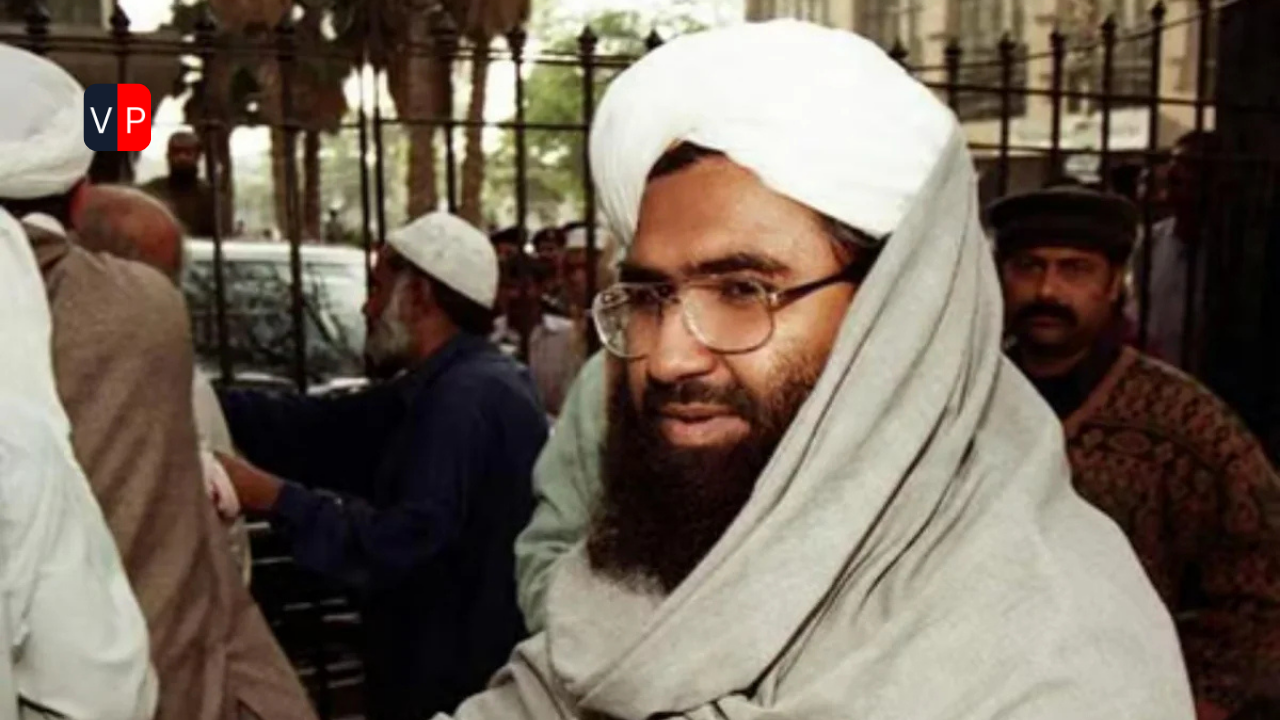Explore the life and influence of Masood Azhar, founder of Jaish-e-Mohammed, and the ramifications of India’s Operation Sindoor on regional security dynamics.

Introduction
Masood Azhar, the founder of Jaish-e-Mohammed (JeM), has been a central figure in South Asian militancy for decades. His organization’s involvement in numerous terrorist activities has led to significant geopolitical tensions, particularly between India and Pakistan. The recent Indian military initiative, Operation Sindoor, aimed at dismantling terrorist infrastructures, has brought Azhar back into the spotlight, especially with reports of the operation resulting in the deaths of several of his family members.
Early Life and Radicalization
Born on July 10, 1968, in Bahawalpur, Punjab, Pakistan, Masood Azhar hailed from a religious family. His father, Allah Bakhsh Shabbir, was a school headmaster and a cleric with Deobandi leanings. Azhar pursued Islamic studies at Jamia Uloom Islamia in Karachi, graduating in 1989. His exposure to radical ideologies during his education played a pivotal role in his path towards militancy.
Involvement with Militant Organizations
Harkat-ul-Ansar and Early Activities
Azhar’s militant journey began with Harkat-ul-Ansar (HuA), where he quickly rose through the ranks. He was involved in recruitment and propaganda, traveling internationally to garner support for jihadist causes. His activities extended to countries like the UK, where he delivered sermons promoting jihad.
Formation of Jaish-e-Mohammed
Following his release from Indian custody in 1999, Azhar founded Jaish-e-Mohammed, which rapidly became one of the most active terrorist organizations in the region. JeM has been implicated in several high-profile attacks, including:
- 2001 Indian Parliament Attack: A deadly assault that brought India and Pakistan to the brink of war.
- 2016 Pathankot Airbase Attack: An attack on an Indian Air Force base resulting in multiple casualties.
- 2019 Pulwama Attack: A suicide bombing that killed 40 Indian paramilitary personnel, leading to escalated military tensions.
International Designation and Sanctions
In May 2019, the United Nations Security Council designated Masood Azhar as a global terrorist, subjecting him to asset freezes, travel bans, and arms embargoes. This move came after years of diplomatic efforts, particularly by India, to highlight his involvement in terrorism. The designation was a significant step in the global fight against terrorism, aiming to curb Azhar’s influence and operational capabilities.
Operation Sindoor: A Strategic Military Response
Background
On April 22, 2025, a terrorist attack in Pahalgam, Jammu and Kashmir, resulted in the deaths of 26 tourists. India attributed the attack to Pakistan-based militant groups, prompting a decisive military response.
Execution of Operation Sindoor
On May 6, 2025, India launched Operation Sindoor, targeting nine terrorist infrastructure sites in Pakistan and Pakistan-administered Kashmir. The strikes focused on facilities linked to Jaish-e-Mohammed and Lashkar-e-Taiba, aiming to dismantle training camps and logistical hubs.
Impact on Masood Azhar
One of the significant outcomes of Operation Sindoor was the reported death of 10 of Azhar’s family members, including close relatives and aides. The targeted strikes hit JeM’s key training base, Markaz Subhan Allah, located near Bahawalpur, Pakistan. Azhar confirmed the loss of his relatives, marking a personal blow to the terrorist leader.
Regional and International Repercussions
Escalation of India-Pakistan Tensions
The operation led to heightened tensions between India and Pakistan, with both nations engaging in diplomatic and military posturing. Pakistan condemned the strikes as violations of its sovereignty and vowed retaliation, while India maintained that the operation was a necessary counter-terrorism measure.
Global Reactions
The international community expressed concern over the escalating conflict, urging both nations to exercise restraint. Organizations like the United Nations and countries including the United States and China called for dialogue to prevent further deterioration of regional stability.
Conclusion
Masood Azhar’s trajectory from a religious scholar to a globally recognized terrorist underscores the complexities of regional militancy and its implications for international security. Operation Sindoor represents a significant shift in India’s counter-terrorism strategy, targeting not just terrorist operatives but also their support networks. The operation’s impact on Azhar’s personal and organizational structure may influence the future dynamics of militancy in South Asia.
Source:
- United Nations Security Council: Listing of Masood Azhar
- Reuters: India strikes alleged headquarters of militant groups in Pakistan’s heartland
- Wikipedia: Masood Azhar
- Wikipedia: 2025 India–Pakistan strikes
Note: The above article is a comprehensive analysis based on available information as of May 9, 2025. For the most current updates, readers are encouraged to consult official government releases and reputable news outlets.

